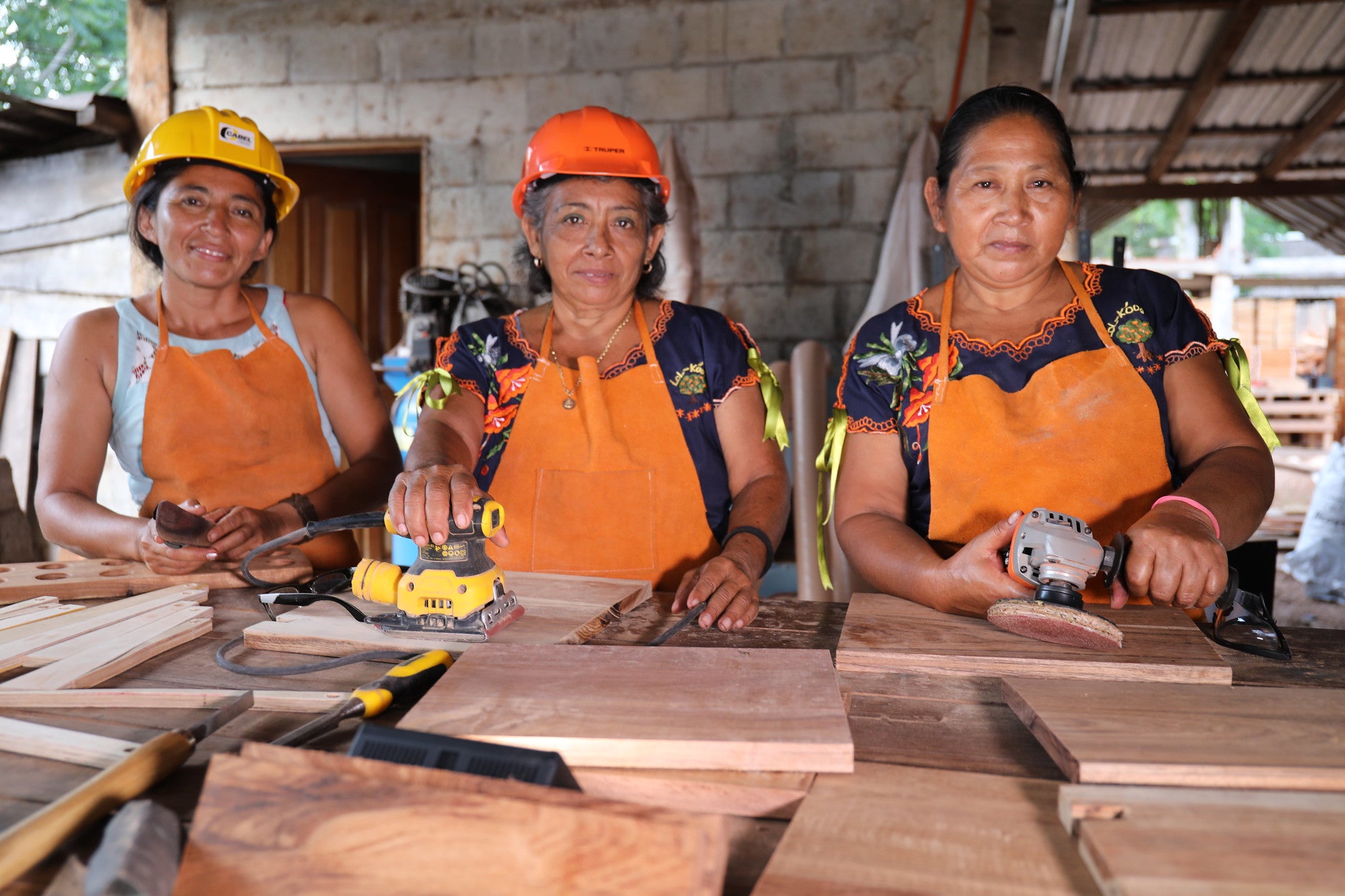“If it is already tough, imagine for me.” This is how a young woman responded when asked about the reasons for not studying or working.
She lives in a poor community in northeastern Brazil and reflects on how difficult it is to find a job in a context of challenging, and now much more uncertain, economic conditions. She lacks the qualifications and support systems to access opportunities. As a woman, she feels particularly disadvantaged.
After more than a decade of steady decline, poverty reduction has been stagnant in Latin America and the Caribbean since 2014 . Whereas the region reduced poverty at an average rate of 1.4 percentage points per year during the 2000s (using the international $5.5 poverty line), poverty diminished at an average rate of 0.8 percentage points per year in the 2010s.
Among other factors, the region’s progress on gender equality has been a key driver of poverty reduction. Still, poverty disproportionally affects women: in 2018, there were approximately 5 million (a population equivalent to the size of Costa Rica) more poor women than poor men , underscoring the need to maintain and even redouble efforts to bring about greater gender equality.
The hard road toward gender equality
Taking a long-term perspective, Latin America has made significant gains toward gender equality. Fertility and mortality rates have declined, gender parity has been achieved in primary school enrollment, and women’s labor force participation has increased in the last two decades, compared to a slight decrease in global trends. Further, estimates indicate that between 2000 and 2010, female labor income in LAC accounted for 28 % of the region’s reduction in inequality and 30 % of in the decline in extreme poverty.
However, deep structural challenges persist. Adolescent fertility rates are the second highest in the world. Maternal mortality in countries such as Haiti and Guyana are comparable to those of Sub-Saharan African countries. Women face the “double burden” of employment and household work. On average, they spend three more hours than men per day in unpaid domestic and care work. And gender-based violence (GBV) remains a severe problem across the region. An estimated 1 in 3 ever-partnered women (aged 15–49) experienced physical and/or sexual violence by a partner – an astounding statistic. Indigenous, Afro descendant, and rural women face even greater challenges.
COVID-19, one of the worst crises in the region’s history, poses new challenges in terms of poverty and inequality reduction . Estimates indicate that poverty is expected to increase significantly, jeopardizing earlier gains if no measures are put in place to protect the most vulnerable. COVID-19 could widen existing gender gaps and reverse decades of progress in terms of gender equality. This, in turn, poses a serious challenge to eradicating extreme poverty.
Addressing the negative impact of COVID-19 on gender equality
Reversing the negative impact of the pandemic on poverty will require timely, targeted efforts to narrow gender gaps. For a sustainable recovery, a combination of policy actions should be considered to address the interlocking constraints that hold women back.
Gender equality in access to economic opportunities, human capital, and agency are key components of World Bank Group operations designed to support the recovery and the return to the poverty reduction path in Latin America and the Caribbean.
These efforts include targeting women’s financial needs.
- In Mexico, for example, one of the countries with the widest gender gaps in financial access in the region, efforts are being made to increase female access to productive financing by supporting government efforts to prioritize programs targeting women’s financial needs through state development banks.
- In Bolivia, the Crisis Emergency Social Safety Nets project is supporting the development of a system for adaptive social safety nets to trigger expanded cash transfer programs responsive to the needs and vulnerabilities of parents and young children in the face of shocks. Women comprise most beneficiaries of the program. The program also supports communication campaigns including coping strategies to minimize psychosocial impacts.
- In Uruguay, the World Bank is supporting efforts to strengthen the institutional response to violence against women and children, particularly domestic violence. In the context of the COVID-19 pandemic, the government has deployed additional measures to prevent and address increased risks of domestic violence, which include among others, enhanced capacity of a hotline for gender-based violence complaints, the inclusion of an online system that would allow children to request help when facing domestic abuse, and the expansion of the program of electronic monitoring of potential aggressors.
The pandemic has imposed new challenges in the region for poverty reduction. Ending extreme poverty and recovering from the crisis requires providing opportunities for all individuals, especially women, to access economic opportunities. In order to achieve this goal, a greater emphasis must be placed on gender equality and the removal of barriers that disproportionately affect women.
In other words, we will not end poverty without closing gender gaps.



Join the Conversation